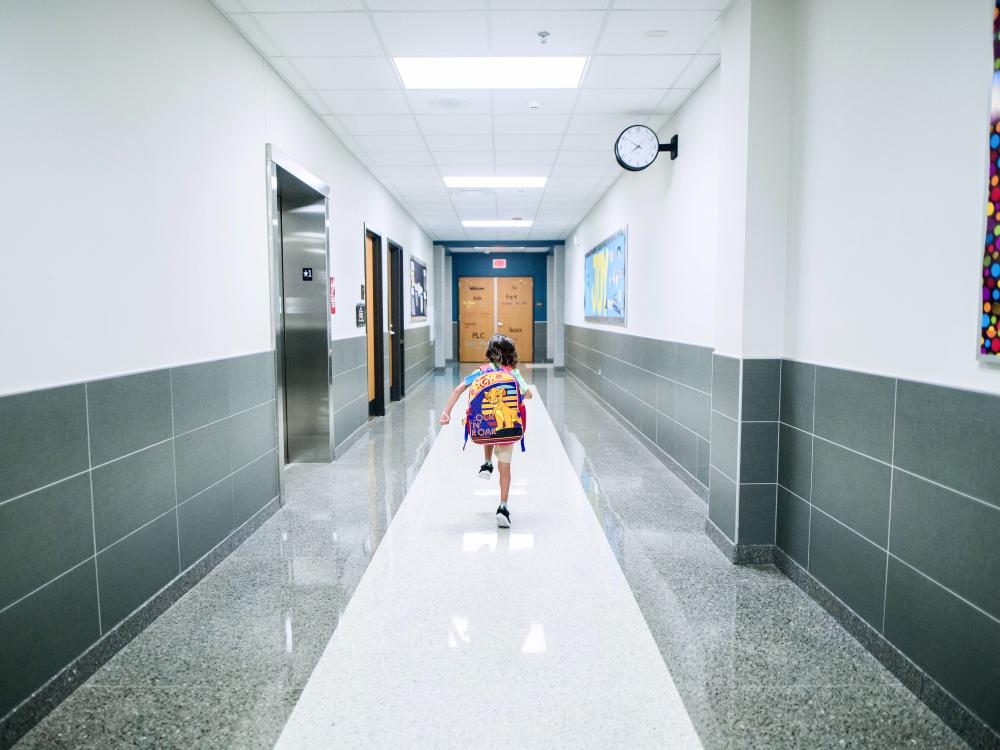
Researchers at Penn State’s Child Maltreatment Solutions Network analyzed the costs related to implementing a child sexual abuse (CSA) prevention program in schools in a new study. Regularly viewed as a human rights violation, public health experts estimate that 27% of females and 5% of males are impacted by CSA by the time they become adults.
The team’s analysis examined the implementation of “Safe Touches,” an evidence-based universal prevention program held across four sites. Developed by the New York Society for The Prevention of Cruelty to Children (NYSPCC), the “Safe Touches” workshop is delivered in the classroom in one 50-min session by two trained facilitators for students in kindergarten–3rd grade. The culturally inclusive curriculum uses racially ambiguous puppets to teach body safety rules and key safety steps. The goal of the workshop is to significantly improve the knowledge of inappropriate (i.e., unsafe) touches from pre-workshop to post-workshop.
After two years of workshops in four different sites in both urban and rural communities (representing five counties across the Commonwealth of Pennsylvania), programming reached a total of 14,235 second-grade students. Results indicate an average cost of $43 per student, an average classroom cost of $859, an average district cost of $10,637, and an average site cost of $154,243. Costs fell into five categories: program activities and materials, personnel and travel, indirect costs (e.g., equipment and materials), facilities, and societal costs like efforts caregivers exerted for their child to take part in the workshop.
“We found that there was a noted decrease in costs when more students were reached, suggesting a need to focus efforts on bolstering the reach of implementation efforts,” noted Stacey Shipe, postdoctoral fellow in the T32 training program at the Child Maltreatment Solutions Network.
Further impacting the implementation of an evidence-based program are the challenges and costs associated with the specific contexts. For example, implementing programming in rural areas is challenging and more costly due to high travel costs and fewer students in those areas. However, more populous or urban sites have more students, and therefore, the cost per student is comparatively lower.
Given that school-based programs are widely used as the primary CSA prevention strategy, it is important that decision makers, like school district administrators, understand the cost of implementation. Understanding the cost of implementation allows decision makers to inform program choice, and adequately fund, staff and structure the programming to achieve effectiveness of an evidence-based approach.
“Although findings of this study are intended to inform future dissemination and implementation efforts of the 'Safe Touches' program specifically, we can use this information to scale other universal, evidence-based CSA prevention programs delivered in schools,” said Kate Guastaferro, former assistant research professor in the NICHD P50 Center for Healthy Children, and an affiliate of the Child Maltreatment Solutions Network as well as the Edna Bennett Pierce Prevention Research Center and current assistant professor of social and behavioral sciences at New York University.
Jennie Noll, professor of human development and family studies, principal investigator of the NICHD P50 Capstone Center for Healthy Children, and Social Science Research Institute (SSRI) co-funded faculty member; Christian Connell, associate professor of human development and family studies, SSRI co-funded faculty member, and associate director of the Child Maltreatment Solutions Network, Paul Morgan, professor of education and director of SSRI’s Center for Educational Disparities Research; and Max Crowley, associate professor of human development and family studies and public policy and director of SSRI’s Evidence-to-Impact Collaborative, also contributed to the study.
The study was funded through the Eunice Kennedy Shriver National Institute on Child Health and Human Development (grants P50 HD089922 and T32 HD101390).